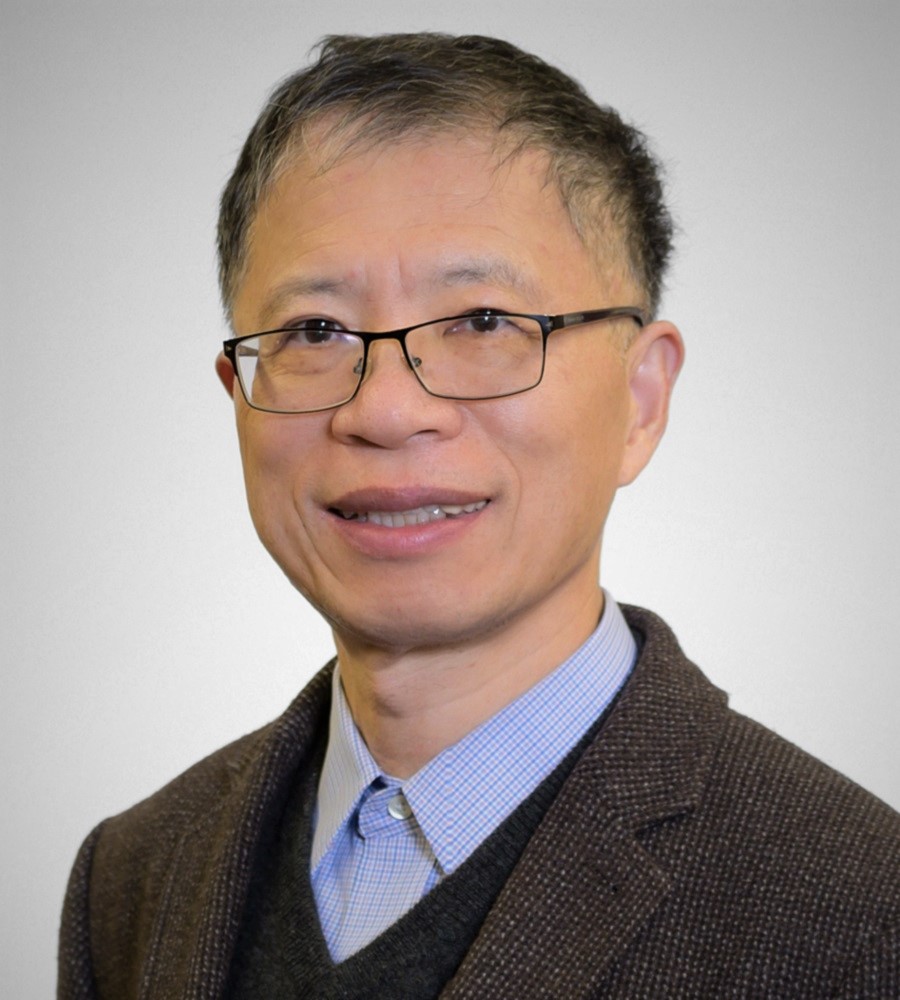Wei Zheng, M.D., Ph.D.
Group Leader (Biology and Pharmacology)
Therapeutic Development Branch
Division of Preclinical Innovation
Contact Info

Biography
Wei Zheng, M.D., Ph.D., is a group leader of biology and pharmacology in the Therapeutic Development Branch within NCATS’ Division of Preclinical Innovation, where he leads a group of biologists and pharmacologists in support of preclinical drug development.
In 2005, Zheng joined the NIH Chemical Genomics Center — now known as the Early Translation Branch — where he helped to establish the high-throughput screening facility and served as a group leader for probe discovery and development.
Prior to joining NIH, Zheng spent 12 years as a researcher at pharmaceutical companies — including Berlex, Amgen and Merck — where he gained extensive experience in target identification, assay development, high-throughput screening and lead optimization in the fields of cancer and cardiovascular, autoimmune, neuronal and infectious diseases.
Zheng obtained a medical degree and a Master’s degree in pharmacology from the Zhejiang University in China. He then obtained a doctorate in pharmacology from the State University of New York at Buffalo, where he studied ion channel pharmacology and molecular biology, with a focus on the voltage-gated calcium channels and calcium channel blockers.
Zheng is a co-author of more than 250 peer-reviewed publications that have been cited in the biomedical research field.
Research Interests
Zheng leads a biology group for advancing projects for rare and neglected diseases through preclinical drug development to Investigational New Drug application and clinical trials. He collaborates with researchers from NIH and academic institutes on drug repurposing screens to accelerate drug development for emerging infectious and rare diseases. Zheng’s laboratory also works with disease foundations and biotech companies on drug discoveries for rare genetic diseases. Additionally, Zheng’s group works on new disease-modeling systems using patient cells and 3-D organoids differentiated from patient-derived induced pluripotent stem cells.
Selected Publications
-
Biological Activity-Based Modeling Identifies Antiviral Leads against SARS-CoV-2
-
Identification of SARS-CoV-2 3CL Protease Inhibitors by a Quantitative High-Throughput Screening
-
Patient iPSC-Derived Neural Stem Cells Exhibit Phenotypes in Concordance with the Clinical Severity of Mucopolysaccharidosis I
-
Methyl-β-Cyclodextrin Restores Impaired Autophagy Flux in Niemann-Pick C1-Deficient Cells through Activation of AMPK
-
δ-Tocopherol Reduces Lipid Accumulation in Niemann-Pick Type C1 and Wolman Cholesterol Storage Disorders


